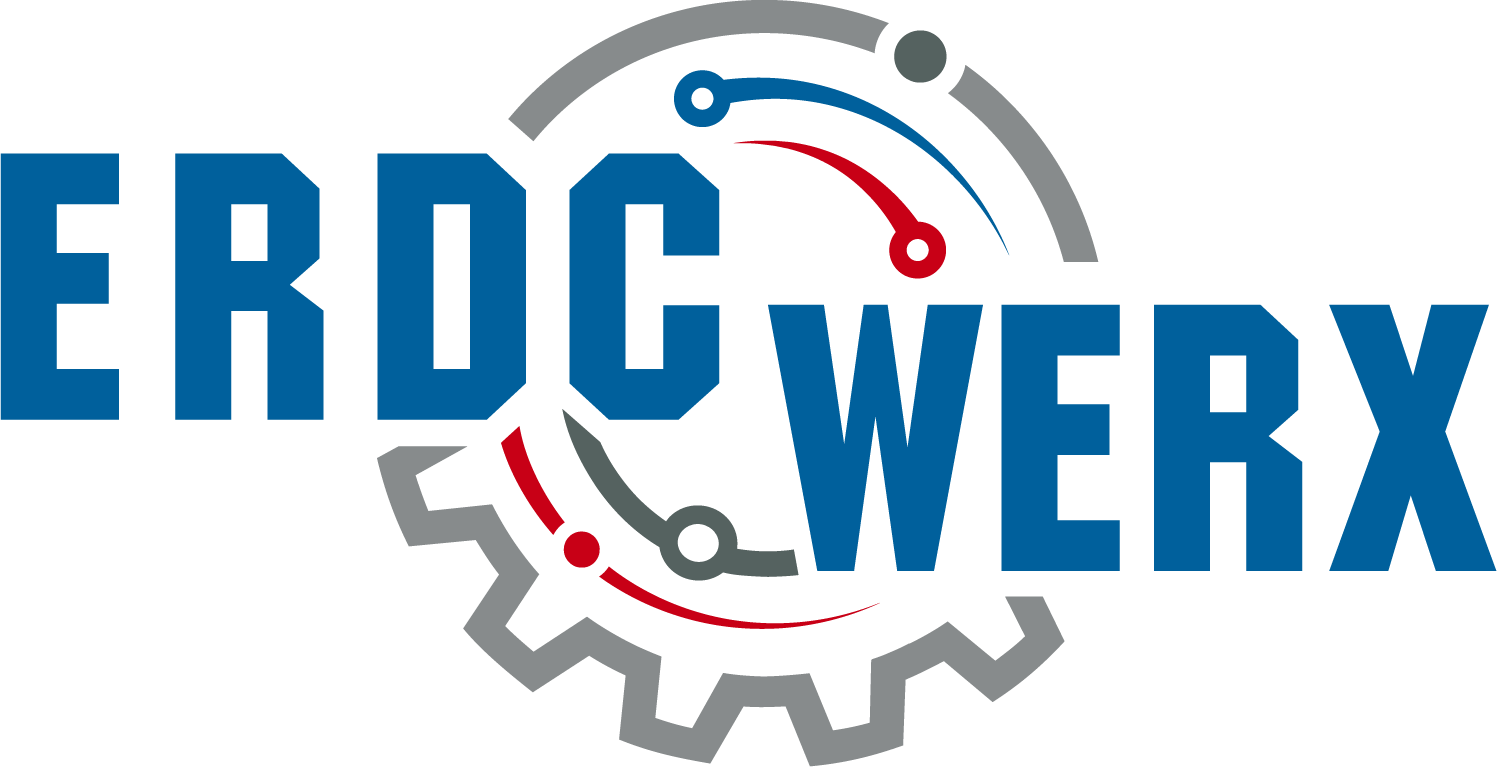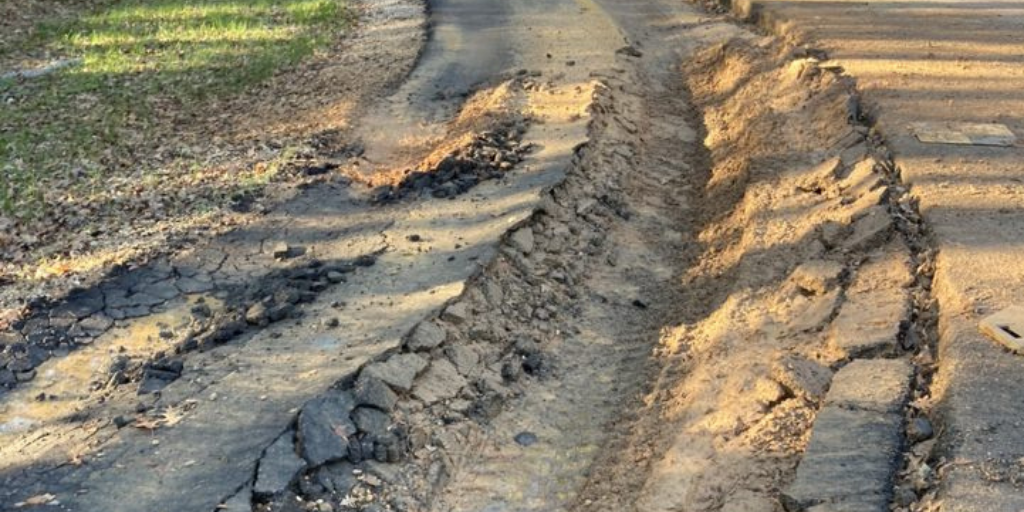Overview
ERDCWERX, a partnership intermediary of the U.S. Army Engineer Research and Development Center (ERDC), is announcing a Rapid Road Surface Stabilization Capability Assessment in collaboration with the ERDC.
Project Objective
The Army seeks to identify commercial-off-the-shelf material solutions for rapid roadway strength improvements that expedite vehicle maneuver across degraded and/or underdesigned roadway surfaces. This requires materials for rapidly hardening (in place) soils or unbound pavement material to provide increased structural capacity.
Importance & Relevance
Army engineer units provide construction assets to repair and upgrade infrastructure to support maneuver. Current units lack traditional road construction capabilities. To meet Army objectives in future combat operations, engineers must possess capabilities to rapidly identify and repair any degraded roadway surface.
Requirements
Candidate material solutions should be mixed with or sprayed onto soils, aggregates, or pulverized road materials. The result of material inclusion should be increased compressive strength and toughness compared to untreated road/soil. Materials can be liquid or powdered/ granular. Material quantities required for improvement should not exceed 10% by mass of native material in which it is mixed. Improvements in physical properties should be realized within 24 hours. Shelf life of materials should exceed one year. Proposed solutions should not contain any hazardous materials and must be available in sufficient quantities to allow for the conduct of comprehensive laboratory testing. Documentation must be available to validate performance claims.
NOTE: Vinyl acetate and styrene copolymer emulsions have been extensively studied and are NOT included in this effort.
Evaluation Criteria
Submissions will be evaluated by government representatives based on the degree to which the proposed solution meets or exceeds the stated performance requirements.
Expected Result
Candidate materials, if selected, will undergo a comprehensive laboratory evaluation with a range of soils/aggregates/unbound paving materials. Selected materials may be included in full-scale testing. Army funding may be utilized to pursue promising material solutions
How to Participate
Industry, academia, national labs, individual innovators, and other parties are invited to submit a two-page white paper.
- Download the white paper template
- Review FAQ
- Complete the submission form (Before starting form, please have white paper ready to upload)
Questions: Interested parties may submit questions using this form until 9 December 2020.
Submission Instructions: Submissions should NOT include confidential or proprietary details.


